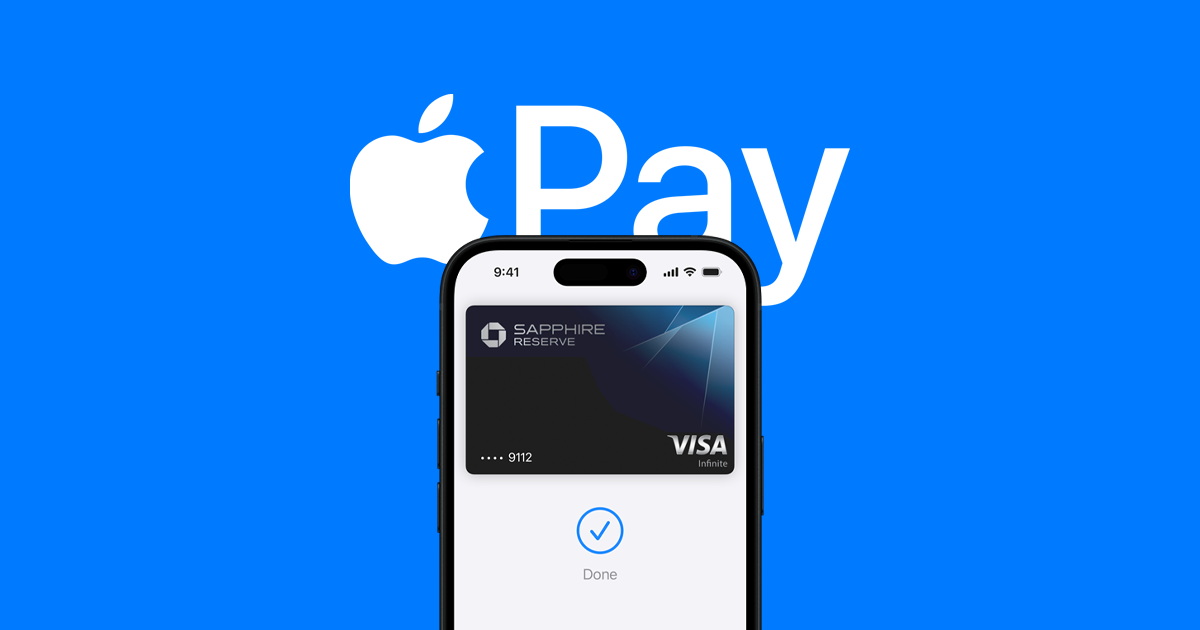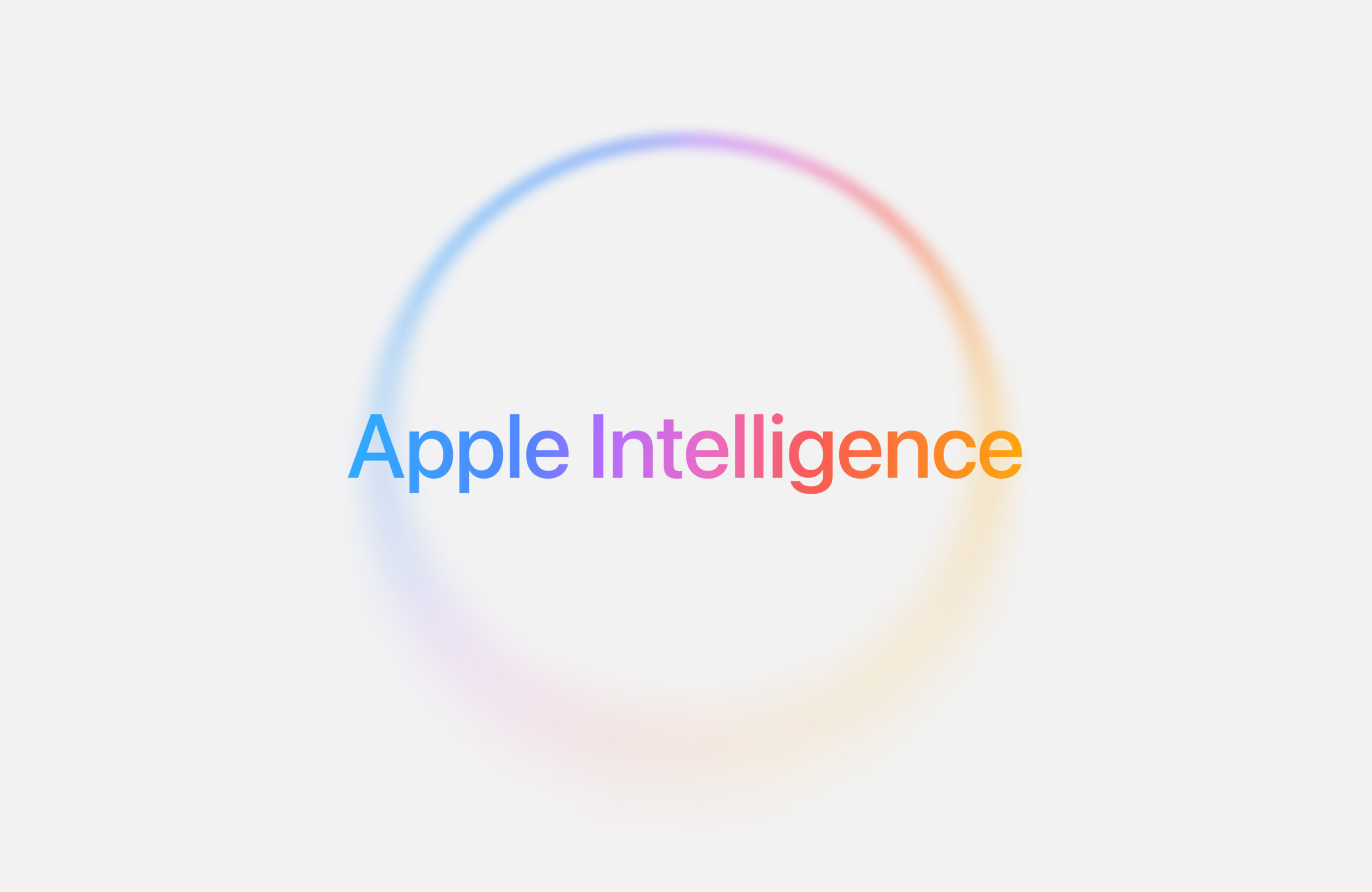The digital landscape is dominated by a few key players, and the search engine arena is no exception. Google has reigned supreme for years, leaving many to wonder why other tech giants haven’t made a serious push to compete. One such giant is Apple, a company known for its innovation and user-centric approach. Recently, Apple’s Senior Vice President of Services, Eddy Cue, shed light on why the company has no plans to develop its own search engine, offering a candid look at the challenges and considerations involved.
Cue’s insights emerged within the context of the Department of Justice’s (DOJ) antitrust case against Google. Apple filed a motion to intervene, seeking to participate in the penalty phase, which could have significant financial implications for the company due to its lucrative default search engine deal with Google. This deal, which has been the subject of scrutiny, sees Google paying Apple a substantial sum to be the default search engine on Safari.
The DOJ and Google have been at odds over how to address Google’s dominance in the search market. One proposed solution involves altering or terminating the Google-Apple partnership. Google even suggested a three-year ban on long-term exclusivity deals involving any “proprietary Apple feature or functionality.” However, Cue argues that dismantling the current arrangement could have unintended consequences, ultimately benefiting Google while harming Apple and its users.
Cue painted a stark picture of the options Apple would face if the current deal were dissolved. He explained that Apple would essentially be left with two undesirable choices. First, it could continue to offer Google as a search option in Safari, but without receiving any revenue share.
This scenario would grant Google free access to Apple’s vast user base, a significant advantage for the search giant. Alternatively, Apple could remove Google Search as a choice altogether. However, given Google’s popularity among users, this move would likely be detrimental to both Apple and its customers, who have come to rely on Google’s search capabilities.
The prospect of Apple developing its own search engine has been a recurring topic of speculation. Cue addressed this directly, stating that creating a viable competitor to Google would be an incredibly expensive and time-consuming undertaking. He estimated that such an endeavor would cost billions of dollars and take many years to come to fruition. This economic reality makes entering the search engine market a significant risk for Apple.
Furthermore, Cue highlighted the inherent challenges in building a successful search engine. He pointed out that to make such a venture economically viable, Apple would likely have to adopt targeted advertising as a core component. This approach clashes with Apple’s strong emphasis on user privacy, a cornerstone of its brand identity and a key differentiator in the market. Integrating targeted advertising into a search engine would require a significant shift in Apple’s business model and could potentially alienate its privacy-conscious customer base.
Cue also touched upon the evolving nature of search itself. He suggested that AI-powered chatbots represent the next major evolution in information retrieval, hinting that Apple may be focusing its efforts on developing innovative AI-driven solutions rather than attempting to replicate the traditional search engine model. This perspective aligns with the growing trend of integrating AI into various aspects of technology, offering a more conversational and personalized approach to accessing information.
In the filing, Apple emphasized its right to determine the best way to serve its users. Cue asserted that “only Apple can speak to what kinds of future collaborations can best serve its users,” expressing concern that the DOJ’s proposed remedies could “hamstring” Apple’s ability to meet its customers’ needs. This statement underscores Apple’s desire to maintain control over its ecosystem and strategic partnerships.
In conclusion, Eddy Cue’s insights provide a compelling explanation for Apple’s decision to stay out of the search engine race. The immense financial investment, the long development timeline, the potential conflict with its privacy principles, and the emergence of AI-driven alternatives all contribute to this strategic choice.
Rather than attempting to compete directly with Google in the traditional search arena, Apple appears to be focusing on innovation in other areas, potentially exploring new ways for users to access and interact with information. The ongoing antitrust case and its potential ramifications will continue to shape the dynamics of the search market and Apple’s role within it.
Source







